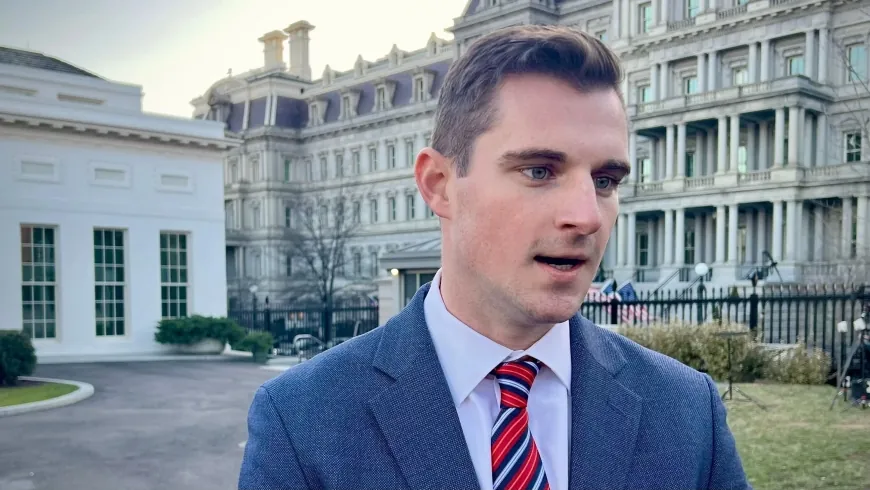White House Crypto Adviser Bo Hines Resigns, Returns to Private Sector
Bo Hines, Trump’s top crypto adviser and key driver of the GENIUS Act stablecoin law, leaves the White House to rejoin the private sector.

Bo Hines, who has served as Executive Director of the White House Council of Advisers on Digital Assets under President Donald Trump, announced on Saturday that he will be leaving his post and returning to the private sector.
Hines’s departure comes just weeks after he and a high-level cryptocurrency working group — which included senior administration officials — outlined the Trump administration’s policy framework for digital assets. That proposal called for the U.S. Securities and Exchange Commission (SEC) to establish new, crypto-specific regulations, marking one of the clearest signals yet that the administration wants a tailored approach to the sector.
Central Role in Trump’s Crypto Policy Push
Shortly after taking office in January, President Trump created the crypto working group, tasking it with drafting regulatory recommendations as part of his campaign pledge to “reset” America’s crypto policy. Hines, a former Republican congressional candidate from North Carolina, was tapped to lead the effort alongside White House AI and Crypto Czar David Sacks.
“Serving in President Trump’s administration and working alongside our brilliant AI & Crypto Czar @DavidSacks as Executive Director of the White House Crypto Council has been the honor of a lifetime,” Hines wrote in a farewell post on X (formerly Twitter).
Sacks responded publicly, praising Hines’s contributions to both crypto and AI policy initiatives.
Legislative Milestones and the GENIUS Act
During his tenure, Hines played a pivotal role in supporting the GENIUS Act, legislation signed by Trump last month that establishes a federal regulatory framework for stablecoins — cryptocurrencies pegged to the U.S. dollar. The law is widely seen as a major milestone that could make dollar-backed digital assets a mainstream payment and money-transfer method.
Hines was an outspoken advocate for the bill, arguing that a clear legal foundation for stablecoins would enhance U.S. competitiveness in the global digital currency race.
While Hines has twice unsuccessfully run for Congress in North Carolina, his work at the White House placed him at the forefront of shaping federal crypto policy during a period of rapid technological and regulatory change.
The White House has not yet announced a successor to lead the Crypto Council.
Also Read: Dogecoin Back at ‘Launch Point’ That Made Early Investors Rich — Could It Happen Again?






























































